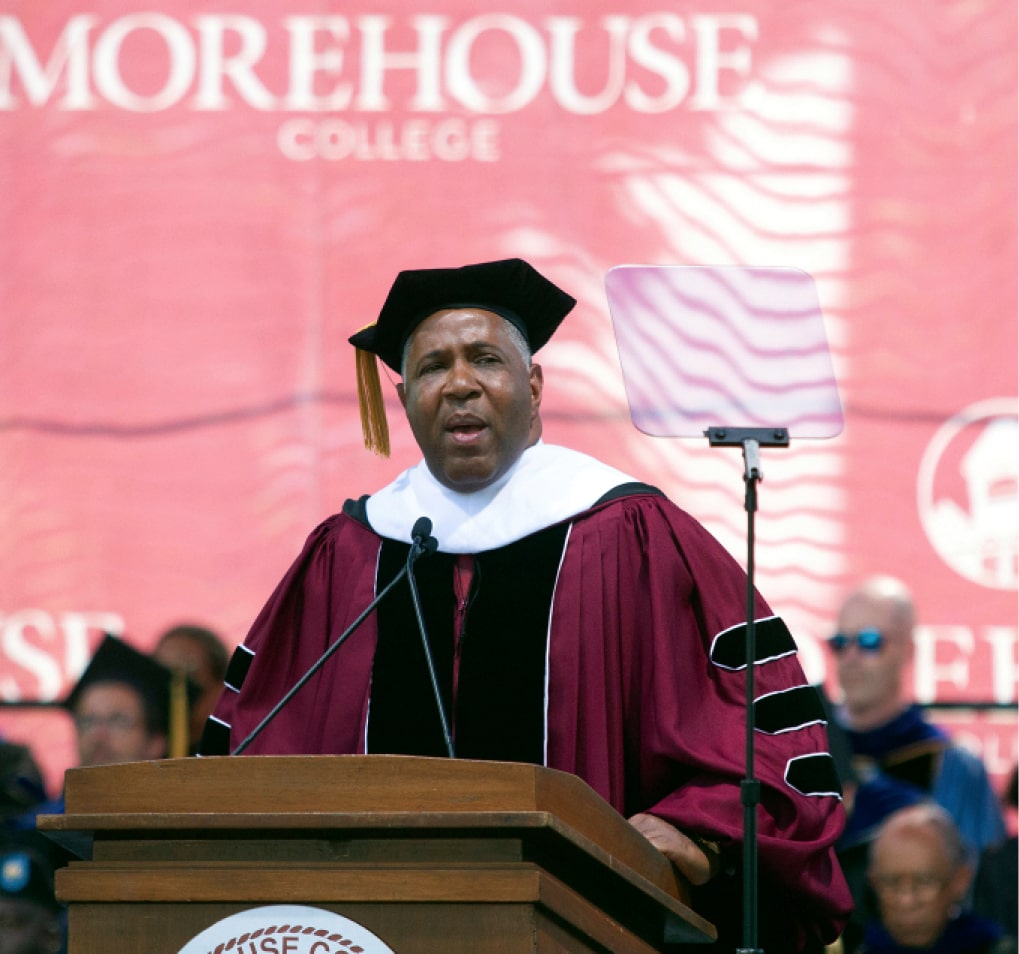- Predictive AI is a form of artificial intelligence (AI) that provides insights into future events based on historical data. It is different from generative AI in its applications and output.
- Professionals use predictive AI for a variety of tasks. Some examples include figuring out the market demand for products and making sure the right products are offered to the right consumers.
- Learning the difference between these AI models can help you advance your career.
Table of Contents
Knowing the difference between predictive AI versus generative AI can help you decide which AI can support your career goals. AI skills can help you earn more and help you succeed as an entrepreneur. However, it is important to learn which types of generative AI and predictive AI you should spend time learning about.
Ahead, we define predictive AI and generative AI. We also explore the uses of each, and we break down the differences between the two types of AI models.
What Is Predictive AI?
Predictive AI uses machine learning to make predictions based on historical data. These AI models find patterns, develop insights and analyze data to predict future events. However, the accuracy of predictive AI depends on the quality and amount of data the model is trained on. Through trial and error, the algorithm becomes better at predicting the future.
Predictive artificial intelligence is helpful in fields like healthcare. In this field, it can help find patterns in medical imaging and predict how a disease can progress. There are also many business use cases for predictive AI. For example, it can help investors understand market conditions and operations managers fix supply chain problems.
What Is Generative AI?
Generative AI uses machine learning to create content from large language models. These AI systems rely on neural networks and machine learning to review data and develop responses from user prompts. The content from AI models comes in various forms, including text, images and sound.
Types of Generative AI
Generative AI can create different forms of content, each with applications that can help organizations become better. Some examples of generative AI applications include:
- Chatbots have become one of the most popular forms of generative AI. They use natural language processing (NLP) to make chatting easy so users get answers to their questions.
- Text generation is another way generative AI is being used in today’s workplace. Generative AI can summarize documents, generate copy and explain hard concepts.
- Code generation helps software developers write, test features and debug code.
- Image generation tools help creative professionals develop graphics faster. This enables them to create AI-generated images in seconds that would take hours to make manually.
- Sound generation can help create voiceovers for videos and other media.
Understanding the output generative AI creates can help us learn the difference between AI systems and predictive AI. Ahead, we dive into some examples of predictive AI systems and how they are used in various industries.
Examples of Predictive AI
Predictive AI systems can make accurate predictions based on large amounts of historical data. These models can help companies plan for future events in applications such as:
- Demand forecasting helps retailers predict how much of their products they will need. This allows them to plan production and logistics to ensure timely delivery.
- Disease detection, a type of predictive artificial intelligence, helps doctors find disease in patients early. This can help them seek treatment before it progresses.
- Risk assessment helps financial institutions reduce fraud by understanding the chances of risk.
- Predictive maintenance helps brands that rely on logistics decide the right times to service their fleet vehicles. This reduces the chances of breakdowns that can cause delays in shipping.
Personalized marketing applications help companies figure out what products a customer may buy. They use personal data and insights to make these predictions.
What Is the Difference Between Predictive and Generative AI Models?
The difference between predictive and generative AI is that predictive AI models make predictions based on historical data. On the other hand, generative AI creates content based on learned information. These differences can be further explained by breaking down the different aspects of these AI systems that make them unique:
- Data: Predictive AI models are trained on historical data. Generative AI models are trained on data, including text, images and audio.
- Training: Predictive AI statistical models are trained to make accurate forecasts. For example, generative AI neural networks use data to generate results in the form of content.
- Applications: Industries like financial services use predictive artificial intelligence to make accurate predictions. Generative AI relies on prompts to generate content for marketing, advertising and research.
- Output: Predictive AI models provide results that support strategic initiatives. Generative AI creates content in different formats and areas of interest.
Knowing the difference between generative AI versus predictive AI can help you decide which skills would better suit your career goals. For example, you may want to learn predictive AI skills if you would like to work in logistics or healthcare. If you seek a role in marketing, advertising, research or legal services, upskilling with generative AI might help. In many cases, you will have to be familiar with both types of artificial intelligence.
Learn more about AI and career development by following Robert F. Smith on LinkedIn.







